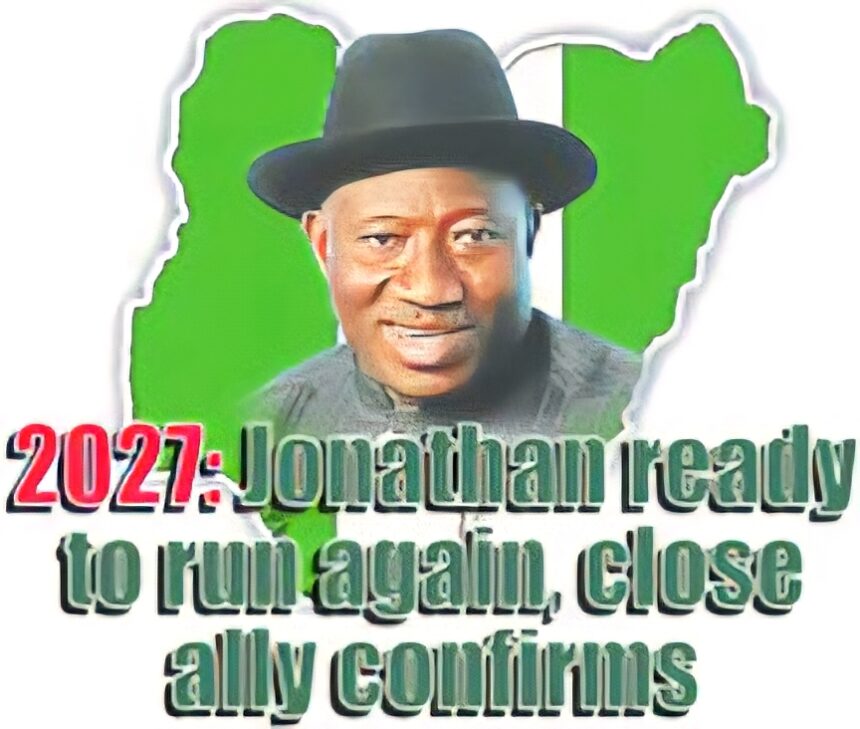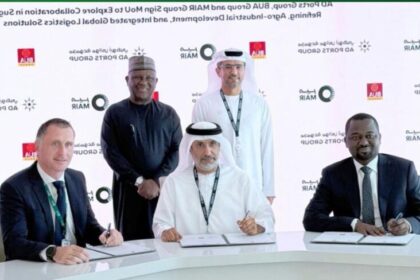As Nigeria gears up for the pivotal 2027 elections, the political atmosphere is charged with speculation and intrigue surrounding the possible return of former President Goodluck Jonathan.
His previous tenure, marked by both challenges and achievements, has left an indelible mark on the nation’s history.
With the political landscape continually evolving, discussions abound regarding his potential influence and the role he might play in shaping the future of Nigerian governance.


In the heart of Abuja, discussions have begun to circulate that Jonathan could once again influence the upcoming race for power.
Since his removal from office in 2015, Jonathan has transformed into a ubiquitous figure in Nigerian politics, haunting every electoral cycle like a specter.
His image frequently resurfaces on billboards across the nation, while his name continues to be prominently featured on campaign buses, suggesting that political operatives still see value in his brand.
Despite his attempts to lead a life that appears detached from the partisan fray—engaging in various philanthropic efforts and public speaking—it is clear that he remains an influential presence.
Observers are now questioning whether his historical significance and experience could pose a challenge to the current president, Bola Tinubu, and his administration.
As political dynamics shift and candidates begin to position themselves for the upcoming elections, Jonathan’s influence may prove to be more profound than many anticipate, prompting debates about the potential impact of his candidacy on Nigeria’s democratic processes.




